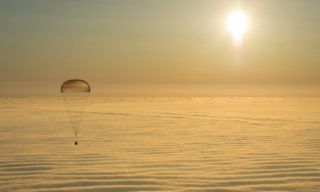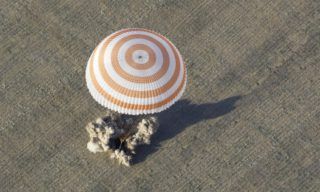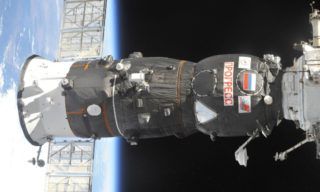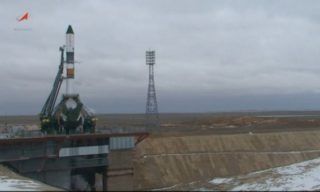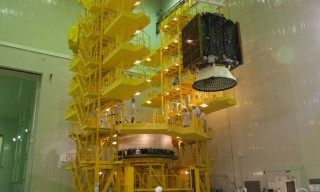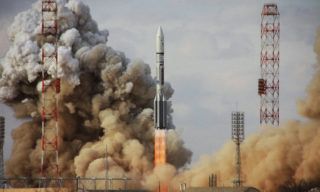Russian astronomers operating a network of “Master” automatic telescopes discovered a new asteroid between Mars and Jupiter, – Irkutsk State University reported.
“The new asteroid was detected with help of “Master Tunka-Baikal” automatic telescope, which is installed at the astrophysical testing site of Irkutsk state university” – stated in the message.
The space object is located between Mars and Jupiter. The note about discovery was sent to the special international service. The Minor planet center confirmed this information: the new celestial body was identified as a usual object of the main asteroid belt and registered as 2013 XH.
“The asteroid diameter is about 600 meters. According to preliminary data the object is a Mars-crosser, i.e. it’s not a near-Earth object, but it can approach Mars. At the moment it’s in the sky close to Pleiades” — the message reports.
Image credit – NASA/JPL-Caltech





